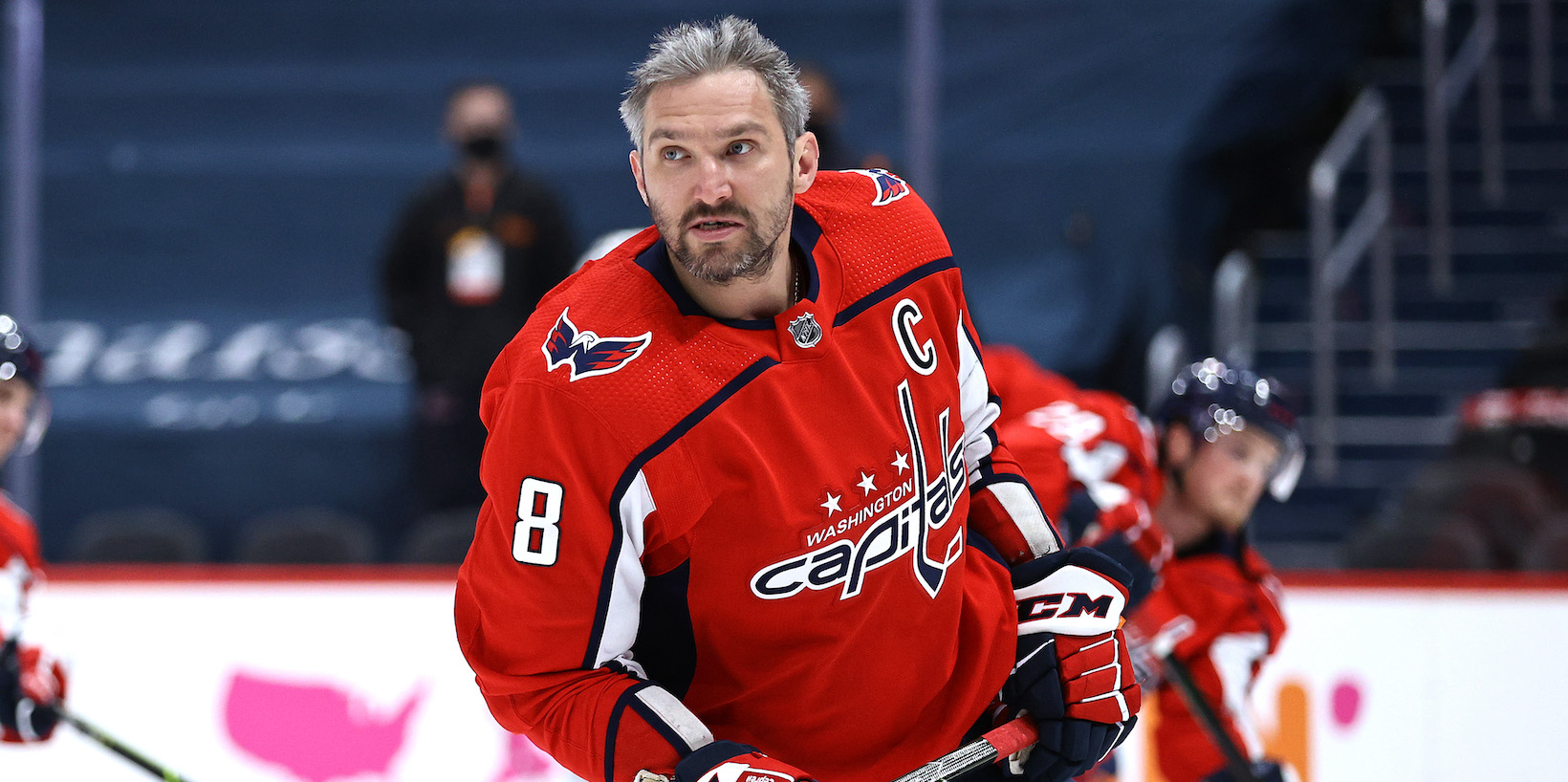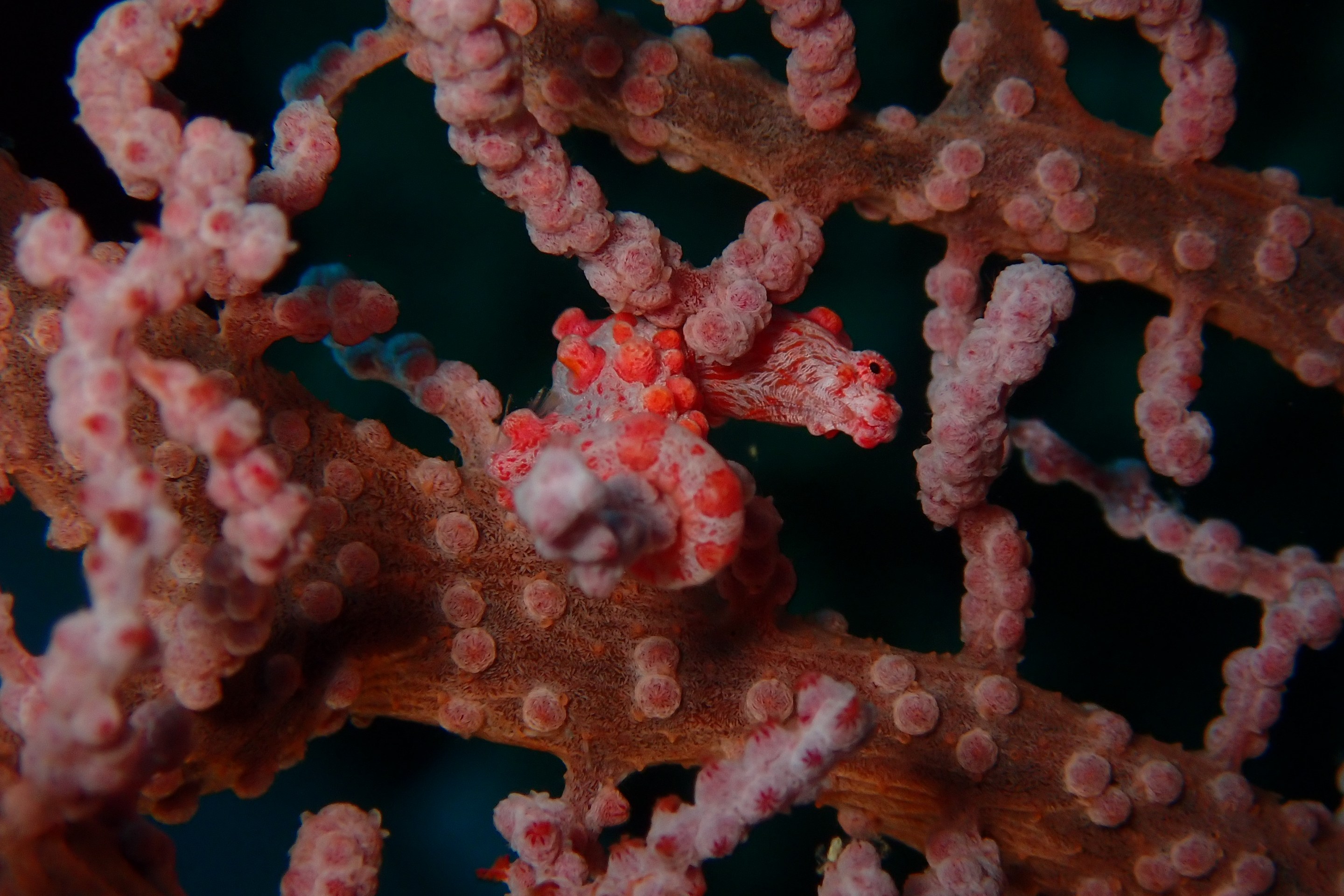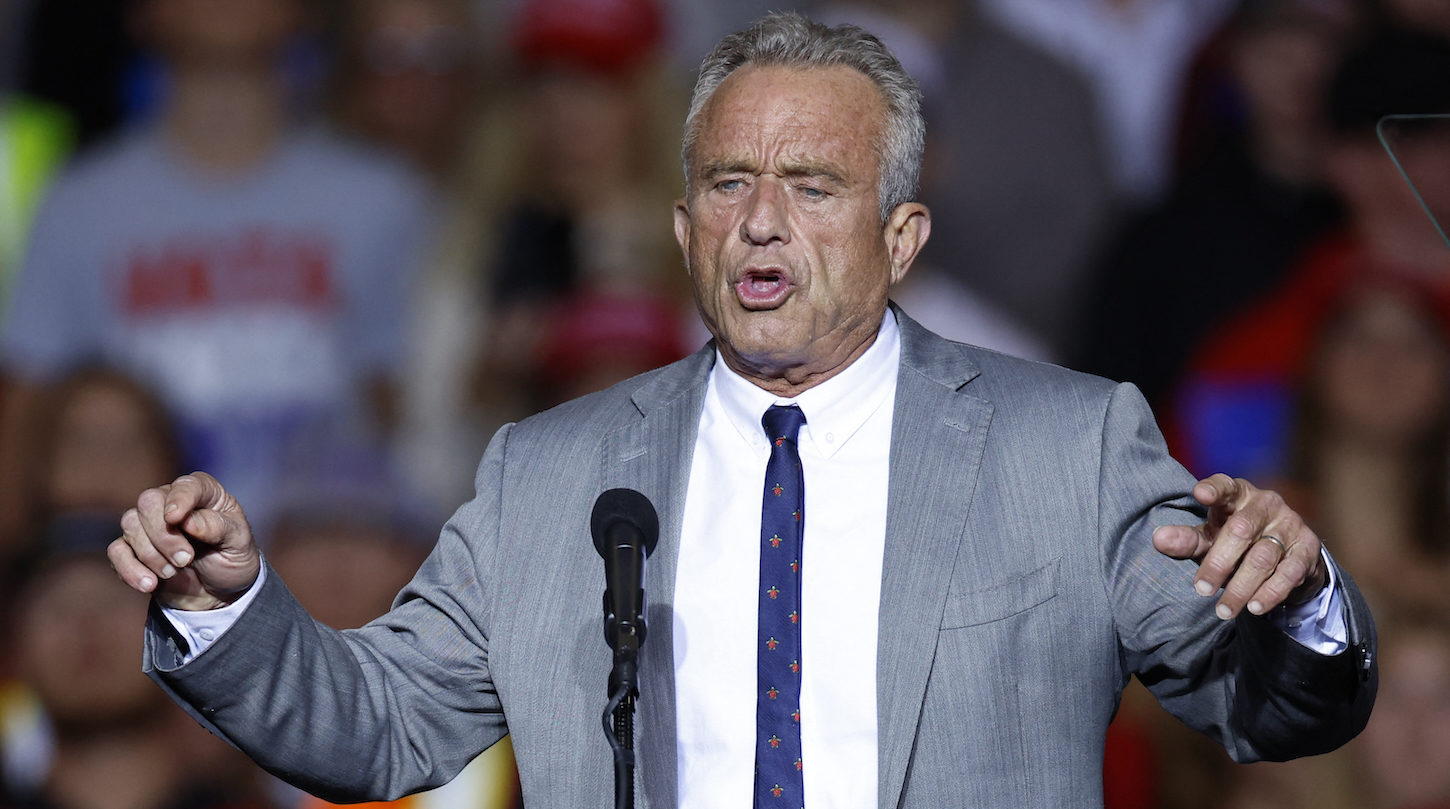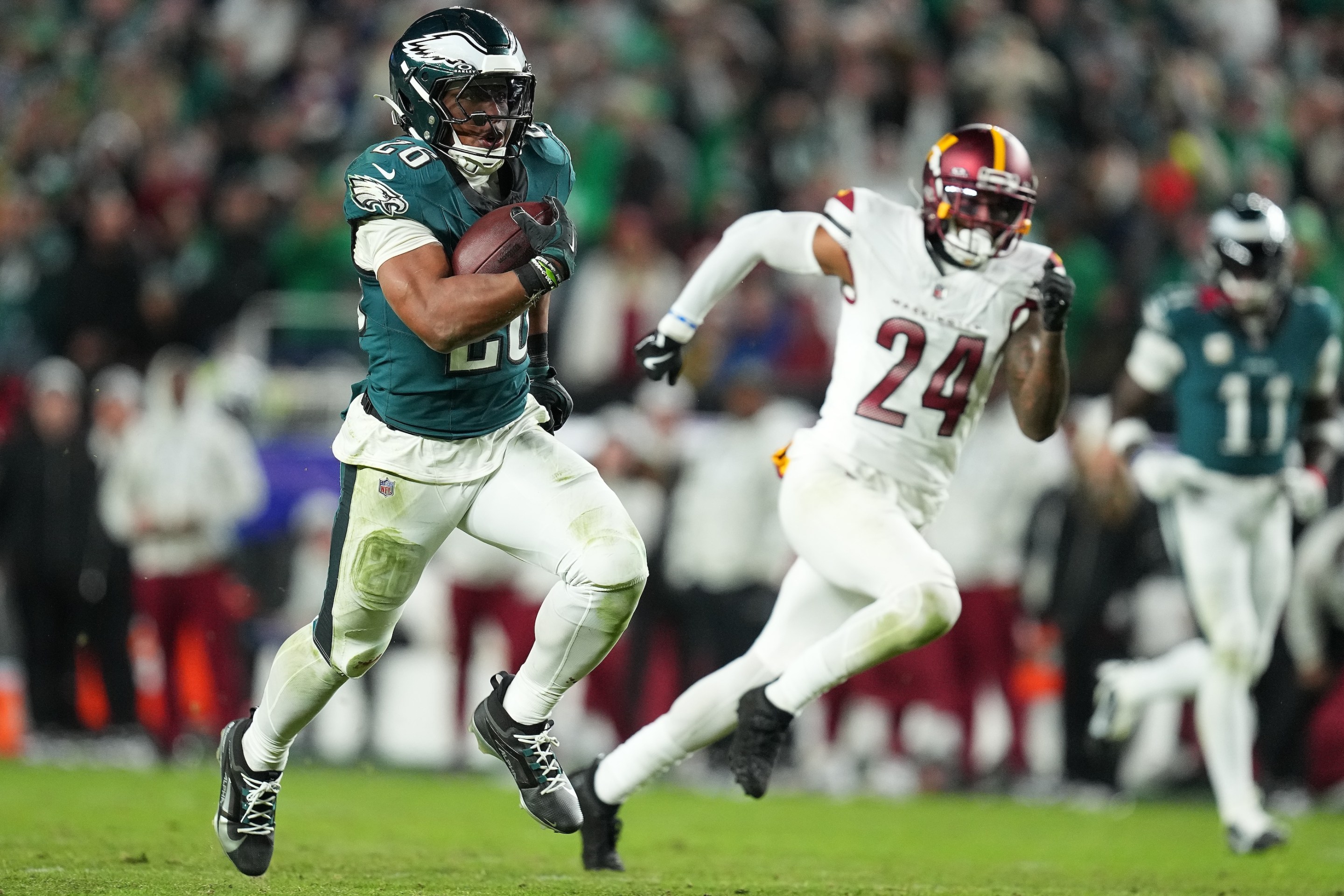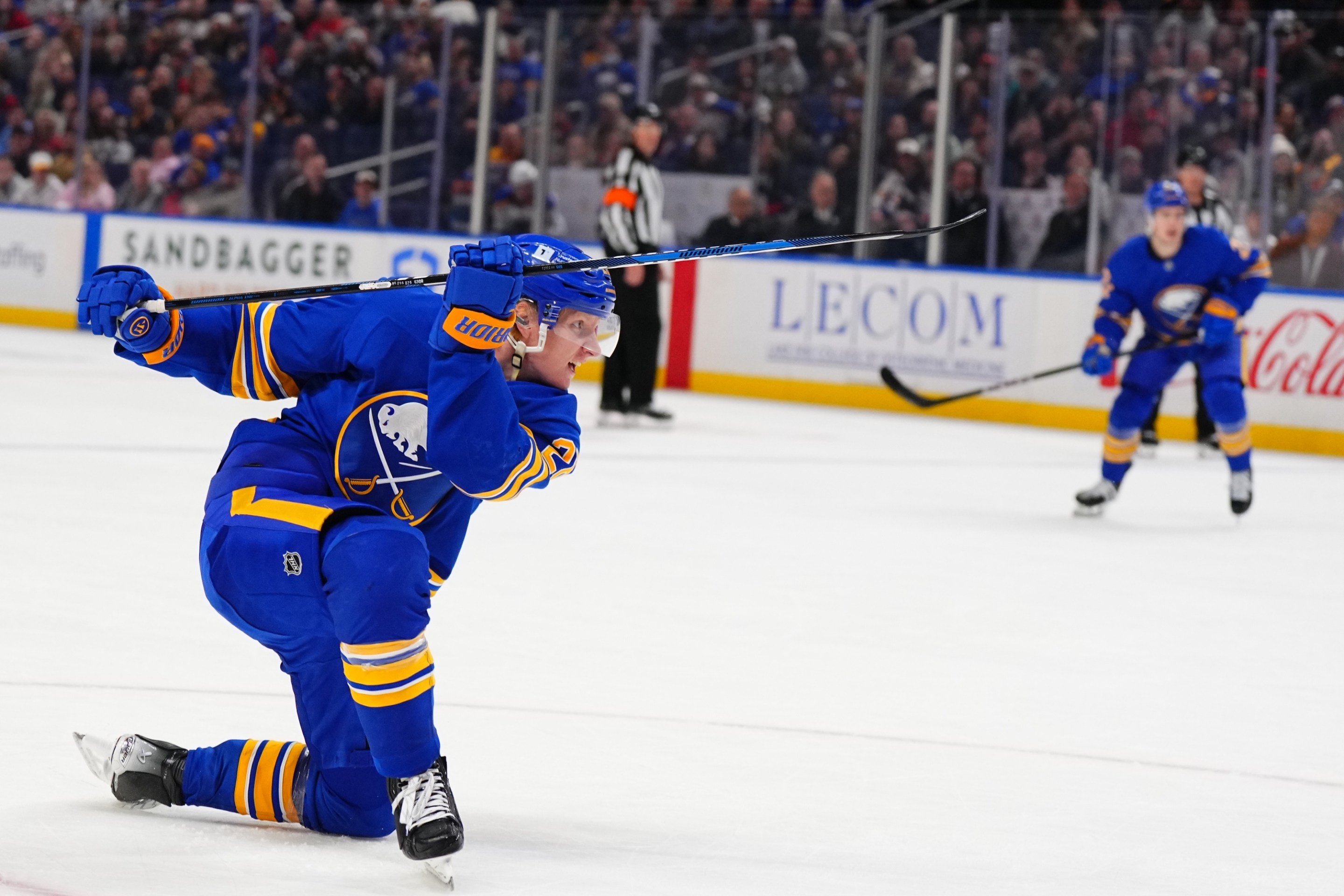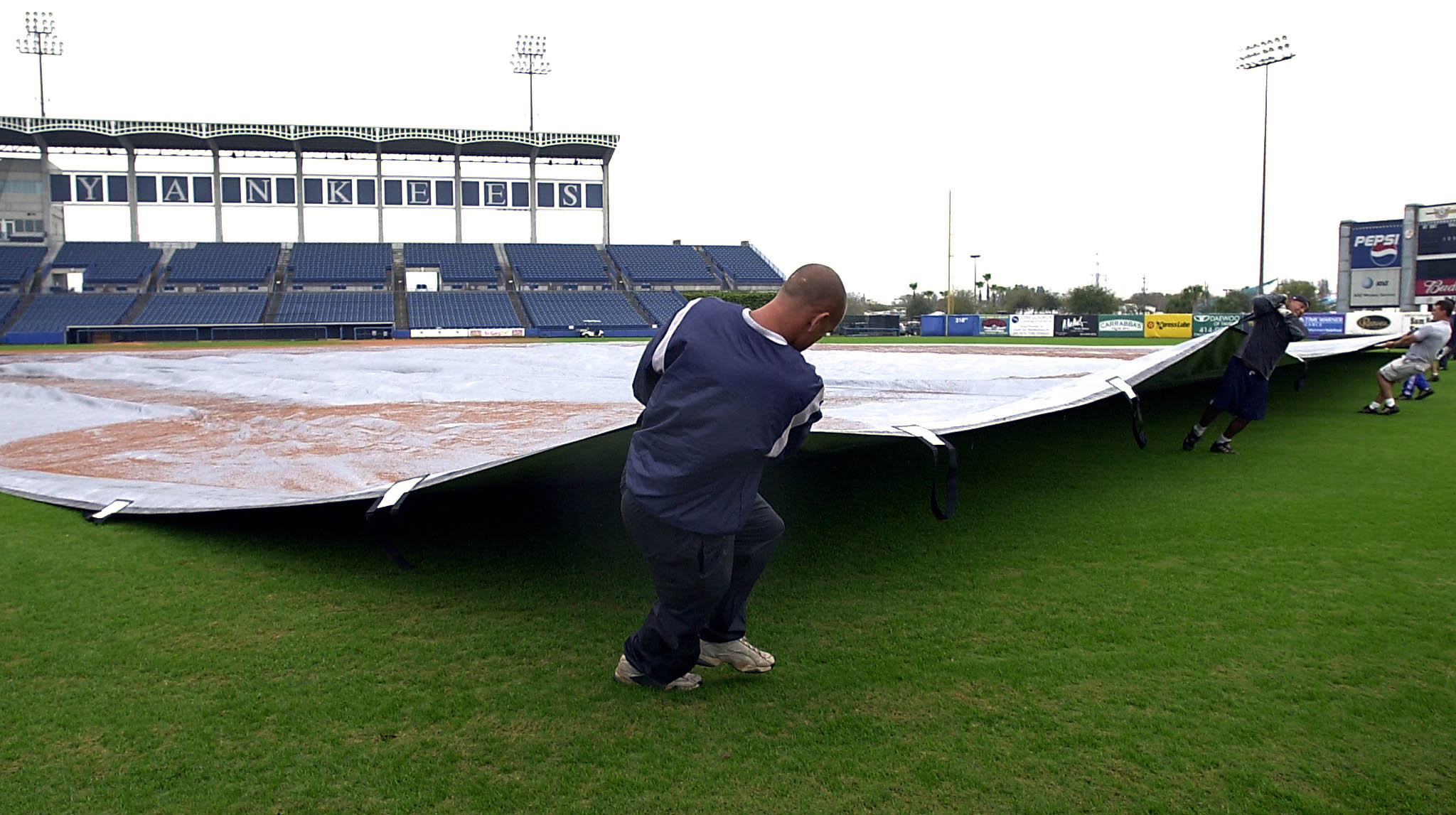If I say the phrase "Alex Ovechkin goal," I bet there's a specific image that comes to mind. The Caps have a 5-on-4. They're comfortably holding possession. Nicklas Backstrom sends a pinpoint cross-ice pass that's teed up perfectly for an Ovi slapshot from the left circle. Sasha lets loose and sends an impossible-to-track laser past the goalie as fast as you can blink. The horn blares. The team celebrates. The Capitals are in control. You've seen it a million times. Boston has seen it a million times:
My familiarity with the trademark move of the best goal scorer of my lifetime is, I think, precisely why the goal that opened the scoring for Washington and tied Caps-Bruins at 1-1 in Game 2 bothered me so much. It was a power play situation early in the first. The Capitals were holding the puck in the offensive zone. John Carlson sent a pass from the blue line right into Ovi's wheelhouse at the circle. But Ovechkin didn't fire a clean one-timer. The puck hit his foot first, then he settled it down. Then he shot a soft prayer towards the crease, where T. J. Oshie was able to deflect it in for the score. The result was the same. The sequence, even, was pretty great, and crucially swung the momentum right back towards Washington. But the process felt all wrong, at least to a brain that's been blogging the typically mind-warping Ovechkin goals for years.
The Ovi/Oshie connection, and the @Capitals answer!#StanleyCup // NBCSN pic.twitter.com/40wDyGzxWy
— NHL on NBC Sports (@NHLonNBCSports) May 17, 2021
I won't be so poisoned as to pin the entire Capitals' late-game collapse on this minor botch, which by the way was definitely Carlson's fault. If anything it's a symptom and not the disease, but, rightly or wrongly, it only added to my unease about this team. Aside from the folks who finished a distant fourth in their respective divisions—St. Louis, Nashville, Montreal—it was Washington who despite being even on points with the division-winning Penguins looked the shakiest to me heading into the postseason, and the way these first two games have gone hasn't done anything to erase my misgivings.
The goaltending, obviously, is the primary concern. As a team, the Caps' save percentage was 20th in the league and 14th among playoff teams at .900 this year, and then a one-two punch of COVID protocols and a Game 1 injury took out each of their main netminders, Ilya Samsonov and then Vitek Vanecek. That's forced them to call upon Craig Anderson, who'll turn 40 later this week and who started all of two games in 2021. And though the longtime Senator helped deliver the Game 1 win and stood admirably against astronomical Bruins shot totals in Game 2, neither he (nor Vanecek, nor Samsonov, frankly) is someone you can trust to take you all the way.
That is bad enough news. But I'm feeling even more doubts creep in when I think about Ovechkin. He started Game 1 with plenty of fire, and he definitely looks like a man who's extremely confident in his ability to win. But after three years at or near 50 goals that completely defied the logic of aging, the inevitable feels like it's creeping up. This was Ovechkin's first-ever NHL season under 30 goals—15 straight, tying a league record—and all it took was a shortened schedule, four games out in COVID protocols, and a grand total of 39 seconds of ice time across the Caps' eight games before the regular-season finale, as he battles a lower-body issue that forced the notorious workhorse to miss time with injury for the first time since 2015.
The hours spent on the trainer's table would be one thing if he looked like himself in the games he did play, but this season was also one the least productive ever for the 35-year-old even when he was on the ice. His 0.53 goals per game was down from 0.71 last year and marked his lowest point since 2016–17 and his second-lowest in the past nine seasons. (His 0.93 points per game meets that exact same criteria too.)
Even more worryingly in the long term, Ovechkin's shot differentials relative to his teammates have never been worse. His Corsi ranks third-last among full-time Caps skaters and his Fenwick places him second-to-last. When he's on the ice at even strength, his opponents are creating 52-to-53 percent of the scoring chances, while the Caps on average are creating a bit more than they allow. On any other Capitals team since they started keeping track of this stuff (2007–08), Ovechkin is at worst middle-of-the-pack and often among the best. And while the assertion that Ovechkin is a liability to his team doesn't pass the eye test, it doesn't feel like an enormous stretch to say that the onset of COVID might have marked the end of his most glorious prime. (Hanging over all these games, too, is the fact that Ovi's 13-year contract is finally up at the end of the season.)
All of this is to say that it felt like the Caps really needed to steal that second game against the Bruins, because even if they're the weaker team, a 2-0 series lead is pretty dang powerful. But the clutch goals from Taylor Hall and Brad Marchand that delivered a 4-3 Boston win and sends things to Massachusetts knotted at a game apiece feel like a huge missed opportunity for the Caps, and it's hard to feel especially optimistic that Washington can recover from this blow. Of course, Ovechkin absolutely has the potential to storm through Game 3 with a couple of goals that'll make me look like an idiot, particularly if he's been saving his juice. But Father Time is undefeated, and I gotta be honest: I just don't have faith in the rest of this team—the NHL's oldest by a significant margin, with no Lars Eller or Evgeny Kuznetsov as of right now—to pick up the slack.
